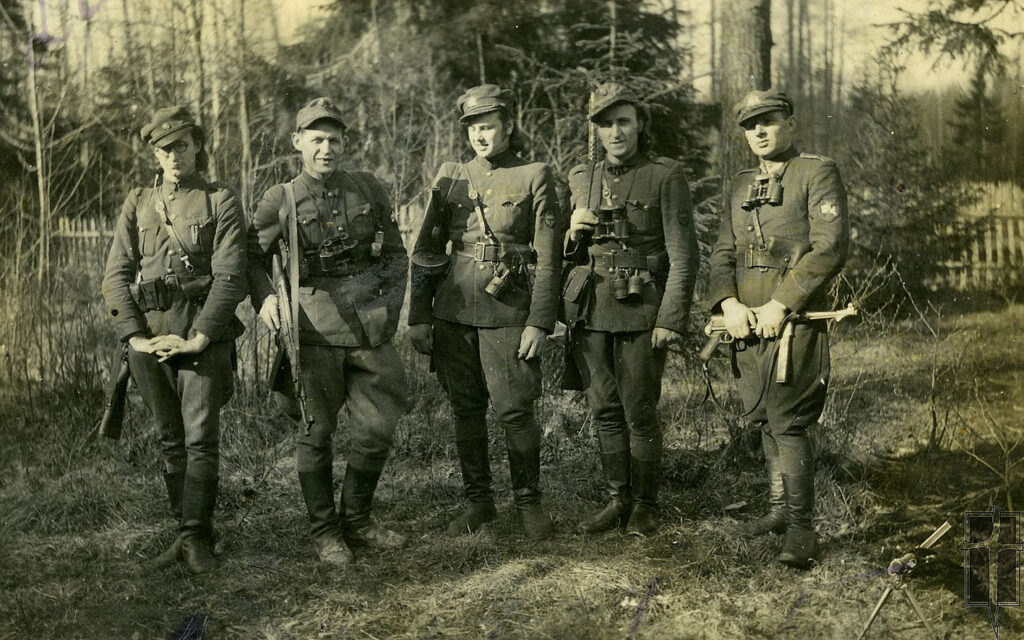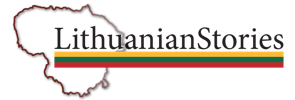Our journey continues through the history of the Lithuanian resistance against the Soviet occupation, which lasted from the end of the Second World War until 1990.
Vytautas Landsbergis was the one who on March 11 of that year, as President of the Parliament, proclaimed Lithuania independence from the Soviet Union.
In 2022 Landsbergis obtained the status of Head of State from the Lithuanian Parliament. The first Head of State of independent Lithuania.
WATCH THE VIDEO
The partisan resistance
The anti-Soviet Lithuanian armed resistance lasted until 1953. A real army in uniform, divided into the various districts of the country, with clandestine structures and a military and political leadership.
In command of all groups there was Jonas Žemaitis who, in February 1949, was appointed head of the Presidential Council of the Movement for the Struggle for Freedom of Lithuania.
The importance of memory
What role does the preservation of the historical memory of Jonas Žemaitis have in today society? What value does it represent for Lithuanians? What can the history of resistance teach the new generations? Not only Lithuanian, but also those of other European countries?
These are the questions we asked Landsbergis. “…The memory of Jonas Žemaitis – states Landsbergis – is an inseparable part of the period of Lithuanian anti-Soviet resistance. It’s a very significant part of our history.”
The resistance effectively was a clandestine state “that continued to exist despite the Soviets having proclaimed its end, as Lithuania was incorporated into the Soviet Union and Lithuanian territory was colored red on maps around the world.”
A ferocious occupation Landsbergis is categorical in his statements: “… The resistance fought against a foreign and terrorist government, which robbed, killed, exiled and forced people to obey. The people who did not obey were simply destroyed.”
What should be remembered today, Landsbergis underlines in the interview, are the values that were at the basis of the choices of those who fought.
Despite the difficulties and above all the lack of hope for help from other European countries. Help that never came from a Europe struggling with post-war reconstruction and above all divided by the so-called Iron Curtain, which assigned the East of the continent and the Baltic countries to the Soviet Union.
During the occupation “The Soviet system revealed itself in all its horror… Citizens took up arms and they defended ourselves. This legacy has remained in our memory. The fact that numerous songs have been written about the partisans is very eloquent”.

But how can we remember Jonas Žemaitis and all those who gave their lives for the freedom of their country?
“…Let’s build a monument to remember. The monument reminds us that person is worth remembering. His works are still with us, his works are still the basis of our life. This is the meaning of the monument”.
But even a book, a play or an artistic work, says Landsbergis, can be a monument, a way to understand the importance of the resistance and better understand the historical context in which it took place.
Žemaitis project
The interview is part of the project “Jonas Žemaitis, commander of fighting Lithuania”, created by the “Baltika-Baltijos Istorijos” Association and LithuanianStories to remember the figure of the commander, with the precious support of Kotryna Buono, Žemaitis’ great-granddaughter.
The initiative is partially financed by the Ministry of Defense of the Republic of Lithuania.
The project involves a series of video interviews with figures from civil society in today Lithuania: historians, representatives of institutions, ordinary citizens, people who are interested in and pass on the memory of the partisan resistance against the Soviet occupation.
WATCH THE VIDEO

